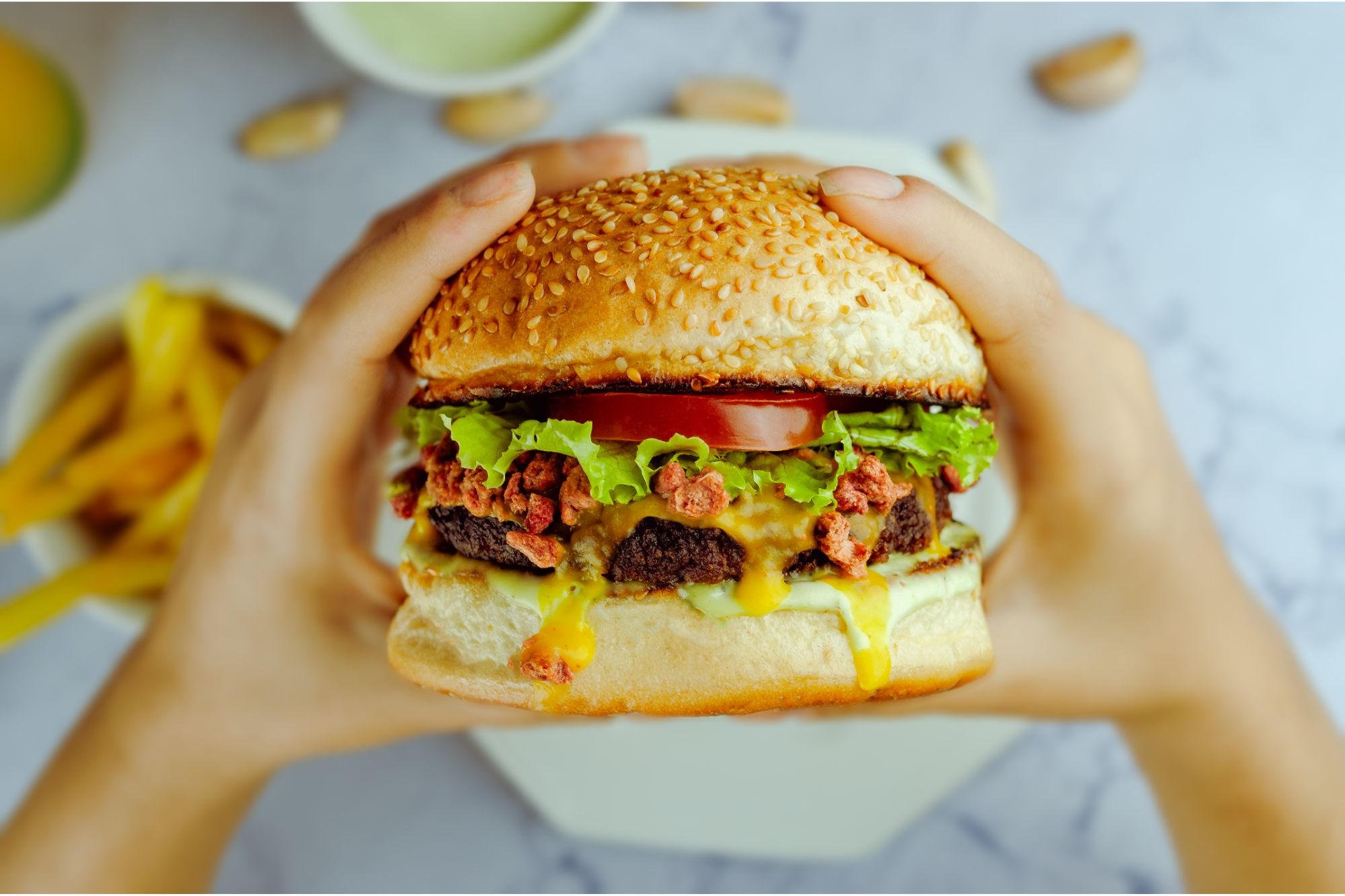A new study has revealed weight loss jabs like Wegovy, Ozempic and Mounjaro can change the way food tastes.
Scientists who looked at 411 individuals currently using these jabs found that one in five reported being more sensitive to sugar and salt.
Of the participants, 69.6 per cent were female, 148 were on Ozempic, 217 were on Wegovy and 46 were taking Mounjaro.
Treatment duration for each jab varied—Ozempic 43 weeks, Wegovy 40 weeks, and Mounjaro 47 weeks.
The German researchers found that overall 21 per cent found the food tested tasted sweeter, while 22.6 reported it tasting saltier.
In particular, 26 per cent of people taking Wegovy reported food tasting saltier than before, compared to 16.2 per cent on Ozempic and 15.2 per cent on Mounjaro.
Meanwhile, increases in tasting sweetness were reported by similar levels of participants across weight loss jabs.
It was experienced by 21.7 per cent on Mounjaro, 21.6 per cent on Ozempic and 19.4 per cent on Wegovy.

A fresh study by German researchers has suggested weight loss jabs can change our taste
This could be because, lead scientist Othmar Moser of the University of Bayreuth suggested, these drugs also act on taste bud cells and brain regions that process taste and reward.
He explained: ‘This means they can subtly change how strong flavours, like sweetness or saltiness are perceived. This, in turn, may affect appetite.’
They also found over half of participants (58.4 per cent) reported feeling generally less hungry (Ozempic: 61.2 per cent, Mounjaro 56.5 per cent, Wegovy 54.4 per cent).
Similarly, two-thirds reported increased satiety which is feeling full sooner after eating (Wegovy 66.8 per cent, Mounjaro 63.1 per cent, Ozempic 58.8 per cent).
A strong reduction in food cravings were reported by 41.3 per cent of Mounjaro users, compared to 34.1 per cent on Wegovy and 29.7 per cent on Ozempic.
Interestingly, further analysis revealed a link between changes in taste, hunger, and satiety.
Those who experienced an increased taste of sweetness were twice as likely to feel full more quickly after eating.
And they were a whopping 85 per cent more likely to have less cravings and 67 per cent more likely to have lower appetite.
They also found those who reported food tasted saltier were more than twice as likely to feel fuller sooner after eating.
When dose, age and sex were taken into account, on average BMI reduced by 17.4 per cent with Ozempic, 17.6 per cent with Wegovy and 15.5 per cent with Mounjaro.
Professor Moser explained: ‘Shifts in taste may affect how satisfying or appealing food feels in the moment, which influences appetite control.’
However, they didn’t find a link between taste change and body mass index (BMI) reduction—but they suggest this is because it is only one factor in weight loss.
‘Weight loss depends on many other factors like long-term eating patterns and activity not changes to taste alone,’ he said.
The researchers also cautioned that the research didn’t prove causation as it was self-reported and not representative of all users.
Professor Moser added: ‘Monitoring patients’ taste changes could provide useful clues about treatment response.’
According to News Medical Life Sciences, the fresh research was presented at the Annual Meeting of the European Association for the Study of Diabetes in Vienna.
Their findings were also published in the journal Diabetes, Obesity and Metabolism.
It follows a recent study which suggested weight loss jabs could be highly affective on children as young as six who are obese or have type 2 diabetes.
Analysis revealed children taking the drugs to treat obesity lost an average of 10lbs and saw their waistlines slim by 3.81cm.
While it found they significantly improved youngsters’ blood sugar control and weight, they more commonly suffered side effects.
These included ‘gastrointestinal adverse events’ such as nausea, vomiting, diarrhoea and constipation.
Source link

